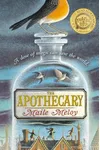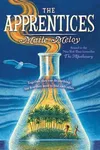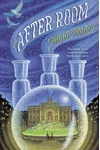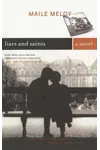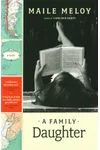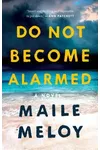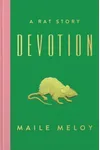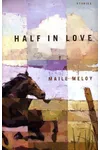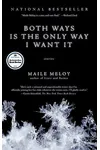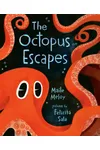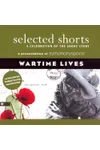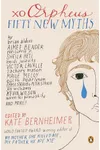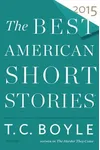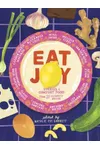Picture a storyteller who weaves the rugged beauty of Montana into tales of love, loss, and human connection—meet Maile Meloy! Born in Helena in 1972, this American novelist and short story writer has captivated readers with her vivid prose and emotional depth. From award-winning short stories to gripping novels, Meloy’s work explores the complexities of life with a grace that’s earned her a devoted following and prestigious accolades like the Guggenheim Fellowship.
With a knack for crafting characters who feel like old friends (or complicated family members), Meloy’s stories resonate across genres, from literary fiction to young adult adventures. Whether you’re drawn to the stark landscapes of her Western roots or the universal struggles of her characters, Maile Meloy’s writing is an invitation to see the world through a sharper, more compassionate lens.
The Making of Maile Meloy
Growing up in Helena, Montana, Maile Meloy was surrounded by wide-open spaces and a family of storytellers—her brother, Colin Meloy, leads The Decemberists, and her late aunt, Ellen Meloy, was a celebrated author. A voracious reader, she devoured classics like Jane Eyre before studying English at Harvard and earning an MFA from UC Irvine. Early jobs as a river ranger, swim instructor, and Disney script reader shaped her eclectic perspective, but it was a fiction workshop with Pulitzer Prize–winner Richard Ford that ignited her writing career. By her late 20s, Meloy was already turning heads with stories published in The New Yorker and The Paris Review.
Maile Meloy’s Unforgettable Stories
Meloy’s debut collection, Half in Love (2002), set the stage with 14 stories that blend quiet calm with wrenching pain, often rooted in the American West. Tales like “Ranch Girl” capture the tension between staying put and breaking free, earning her the PEN/Malamud Award. Her first novel, Liars and Saints (2003), traces a Catholic family’s secrets across generations, praised for its “seismic wallop” by Kirkus Reviews. Its companion, A Family Daughter (2006), reimagines the same family with a bold narrative twist, showcasing Meloy’s love for experimenting with structure.
Her second collection, Both Ways Is the Only Way I Want It (2009), named one of the New York Times’ 10 Best Books of 2009, delves into modern love and moral dilemmas with lean, poignant prose. Stories like “Travis, B.” inspired the 2016 film Certain Women, directed by Kelly Reichardt. For younger readers, Meloy’s Apothecary trilogy (2011–2015) weaves magic and Cold War intrigue, winning the E.B. White Award. Her 2017 novel, Do Not Become Alarmed, a thrilling tale of a cruise gone wrong, proves her versatility, blending suspense with sharp social commentary.
Meloy’s style is deceptively simple—clean, controlled sentences that pack emotional heft. Her characters, whether Montana ranchers or urban drifters, grapple with desire, fidelity, and the pull of home, rendered with Chekhovian restraint. Settings, from Big Sky Country to Paris, come alive with vivid detail, grounding her stories in a sense of place that feels both specific and universal.
Why Maile Meloy Matters
Maile Meloy’s work bridges the personal and the profound, offering a window into the human heart without irony or pretense. Her ability to animate the “banal, daily desperation” of ordinary lives, as critic Curtis Sittenfeld noted, has made her a literary rebel in an age of postmodern cynicism. Awards like the Aga Khan Prize and a spot on Granta’s Best Young American Novelists list cement her influence, while her stories’ adaptations into film and radio show their timeless appeal. For readers, Meloy’s writing is a reminder that even in a chaotic world, empathy and clarity can illuminate the way forward.
- Born: January 1, 1972, Helena, Montana
- Key Works: Half in Love, Liars and Saints, Both Ways Is the Only Way I Want It, Do Not Become Alarmed
- Awards: PEN/Malamud Award, Guggenheim Fellowship, E.B. White Award
Snag Both Ways Is the Only Way I Want It and dive into Maile Meloy’s unforgettable world of sharp, soulful storytelling!
